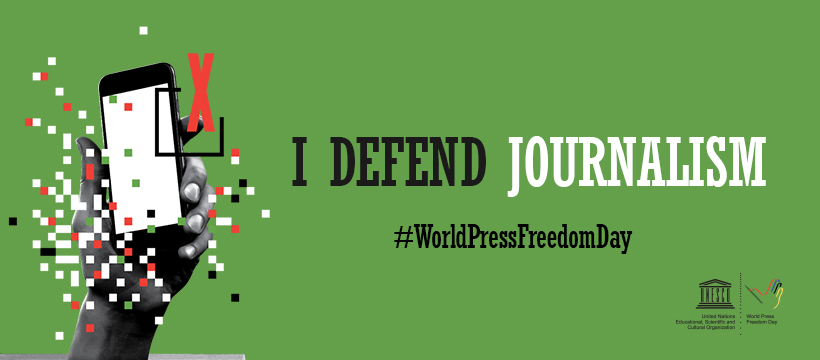According to Reporters Without Borders, 80 journalists were killed in the line of duty in 2018. Hate speech and threats are on the rise and women journalists are particularly vulnerable. At a time when global insecurity is rising, the democratic space in many parts of the world is shrinking and human rights are being threatened – this is when fearless and courageous journalism is needed. And when practitioners of free speech are threatened, we must do everything we can to protect them.
Press freedom and the safety of journalists are clear Swedish foreign policy priorities. This applies bilaterally, multilaterally and in our development cooperation. Sweden is taking this issue forward in international bodies and has played an active role in placing and keeping a spotlight on the issue of press freedom in the United Nations (not least UNESCO), the EU, the OSCE and the Council of Europe.
Journalism must be protected everywhere, every day as FOJO explains in this film:
Press freedom is also an important aspect of our the values that the Swedish institute want to share globally through our information toolkits such as The making of the Swedish freedom of the press.
https://sharingsweden.se/toolkits/freedom-of-the-press-act-250-years/
Information literacy and the ability to separate reliable information from unreliable information is also becoming more important. And to do that requires both knowledge and having access to the proper fact-checking tools.
Primarily designed for students in secondary and upper secondary school (junior and high school), the Fake ≠ Fact toolkit offers the opportunity to raise awareness about these highly relevant issues.
https://sharingsweden.se/toolkits/introducing-source-criticism-classroom/
